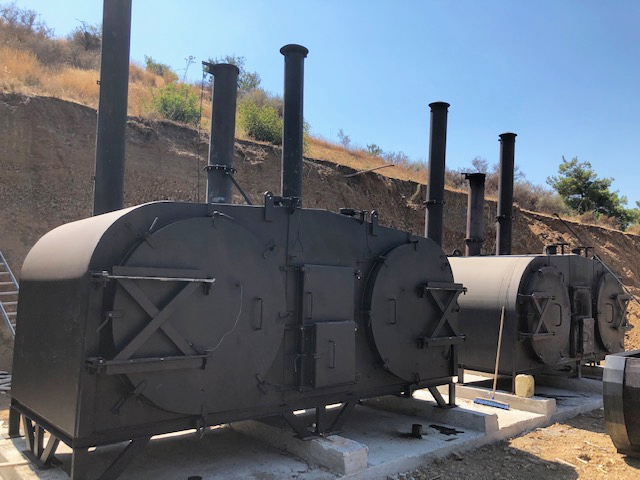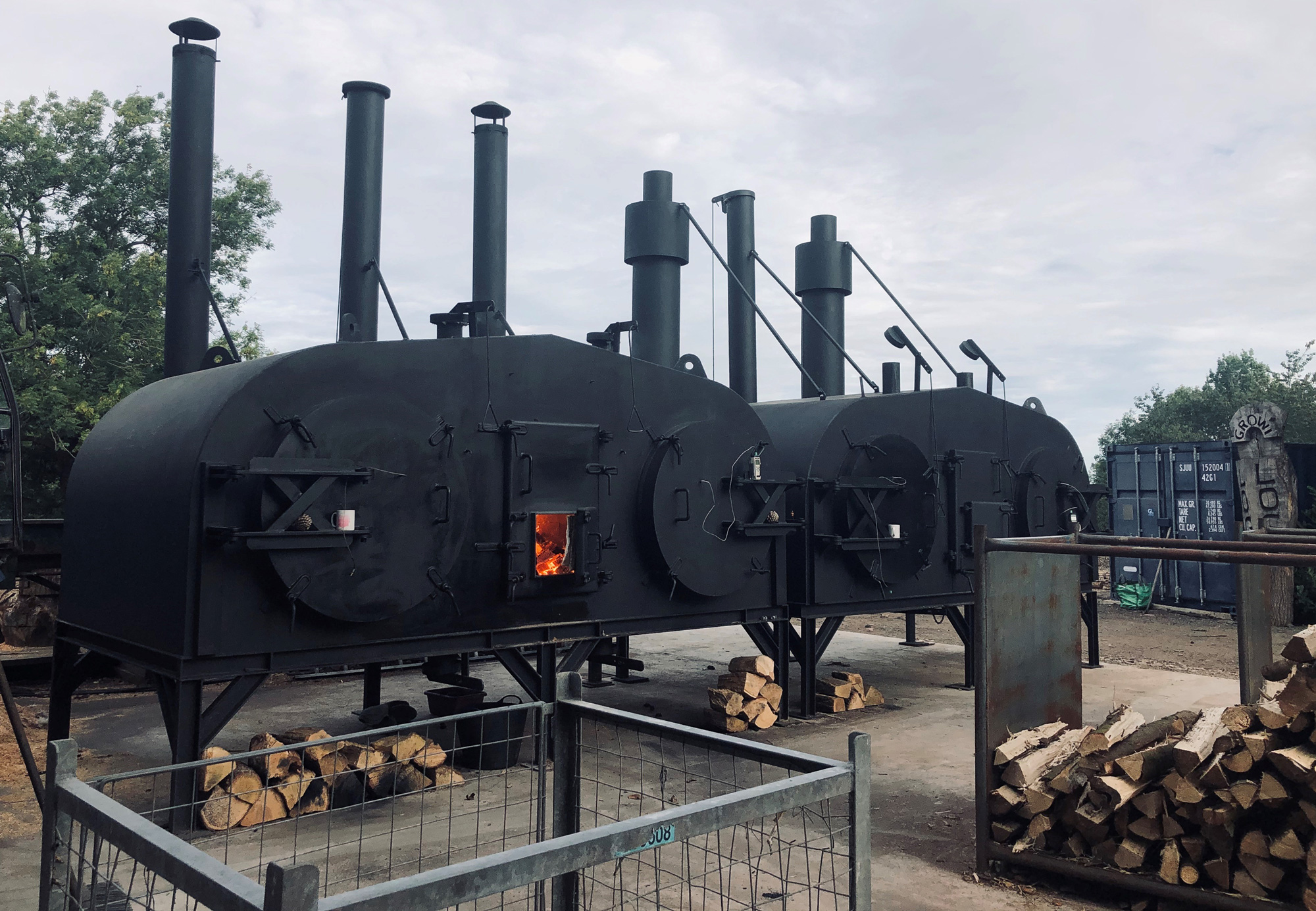
Rural Pyrolosis Engineering
At Rural Pyrolysis Engineering, we understand the importance of sustainable and eco-friendly practices in rural communities. That is why we are dedicated to providing efficient and effective solutions for charcoal production, reducing the reliance on traditional, unsustainable methods.
Our Charcoal Retorts utilize pyrolysis technology to convert organic materials such as wood, agricultural waste, and biomass into high-quality charcoal and biochar. This process not only produces a clean burning fuel source, but also yields beneficial byproducts such as wood vinegar and tar, which can be used for various purposes.
We pride ourselves on the quality and durability of our products, ensuring long-term use for our customers in rural areas. Our team of experts is also available for consultation and support to help with installation and operation of our Charcoal Retorts.
At Rural Pyrolysis Engineering, we are committed to empowering rural communities by providing sustainable solutions for charcoal production. Join us in our mission to create a greener world, one Charcoal Retort at a time.
Visit our YouTube channel for more videos!
- Pyrolysis is a process that converts organic materials, such as wood chips or agricultural waste, into a stable and carbon-rich product.
- The production of biochar involves heating the organic material in a low-oxygen environment to temperatures between 400-700°C.
- Biochar has been found to increase soil fertility & water retention, as well as sequester carbon in the soil for hundreds, to thousands of years.
Biochar
Biochar is a type of charcoal produced from biomass and used as a soil amendment in agriculture. Wood-based biochar is a common type of biochar.
Charcoal
Charcoal briquettes are a type of fuel made from charcoal and used for cooking and heating. Wood waste can be used as a raw material for producing charcoal briquettes.
Agriculture
Convert agricultural waste, such as crop residue and manure, into a carbon-rich soil amendment that improves soil fertility and water retention, leading to more productive crops.
Find Out More
If you would like more information, provide your details below and we’ll get back to you ASAP!
Pyrolysis Retorts
Misson Statement
At the heart of rural development and sustainability, our mission is to revolutionise how communities harness biomass power. With over 30 years of pioneering design by Nick Harris, our RT charcoal retorts are engineered to promote a sustainable future. Operating solely on biomass without electrical power, these retorts are crafted for efficiency and an emission-free environment. We are committed to seamlessly integrating this technology into any country – developed or developing – thereby fostering income generation and diversity.
Our focus transcends the mere production of charcoal and bioproducts. We aim to establish a model of rural pyrolysis engineering that is both environmentally and economically sustainable. By doing so, we seek to empower communities, enhance local economies, and pave the way for a cleaner, greener future. Our retorts are a testament to innovation, designed to fit into diverse settings while contributing to the global fight against climate change.
Together, we envision a world where rural communities are not left behind in the technological advancement race but are instead at the forefront of adopting sustainable practices that benefit both the planet and their livelihoods. Join us in transforming biomass into a beacon of hope and sustainability.
This mission statement encapsulates the goals of providing a clean, sustainable, and economically beneficial solution to rural communities through the advanced design of charcoal retorts by Nick Harris, emphasising this technology’s environmental and social impact.
Our Retorts Are Used Around The World

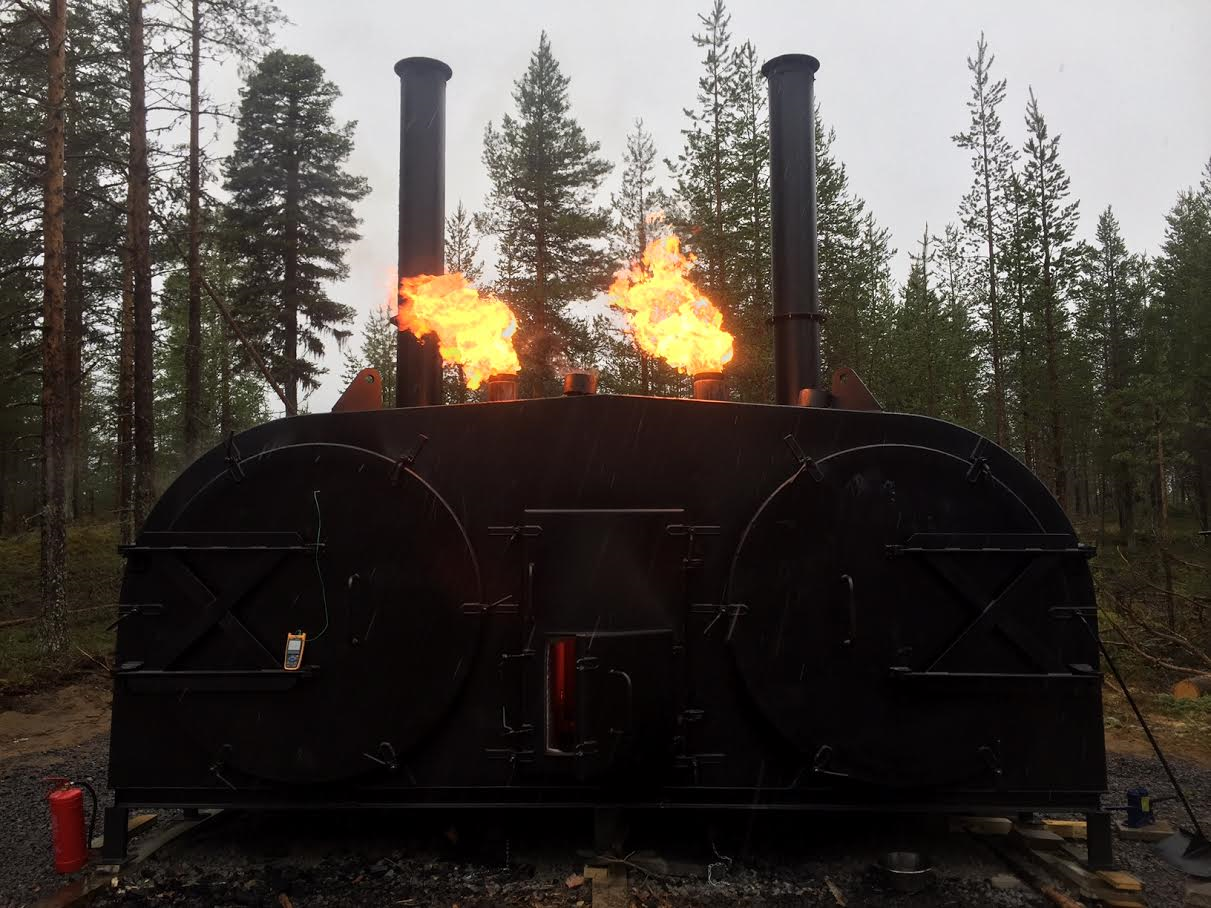
Sweden
- RTD1000 X 2
- RTD1600 x 2


Switzerland
- RTD1000 x 3

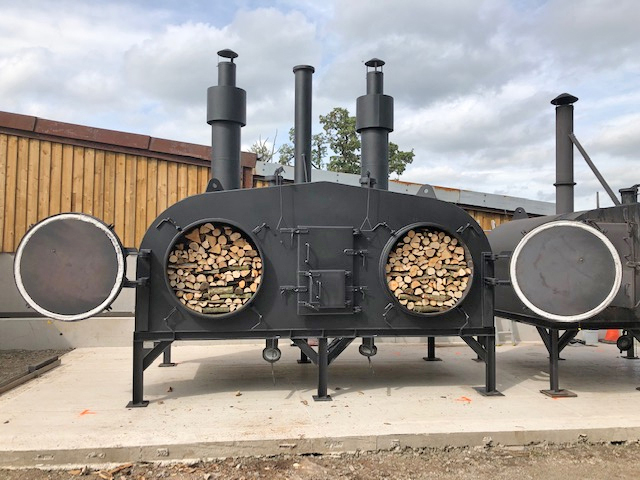
Finland
- RTD1000 x 1


Norway
- RTD1000 x 1

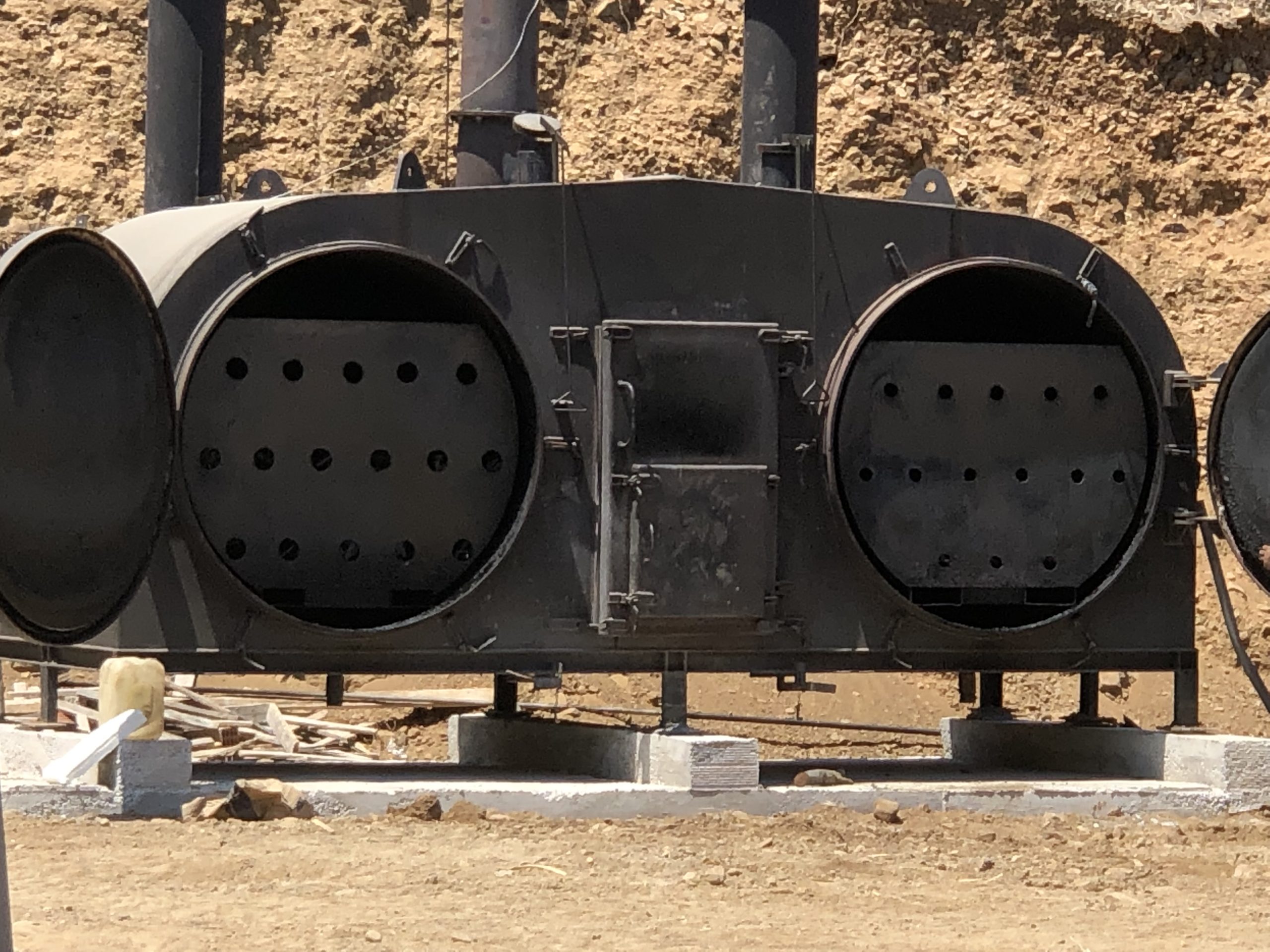
Cyprus
- RTD1600 x 4

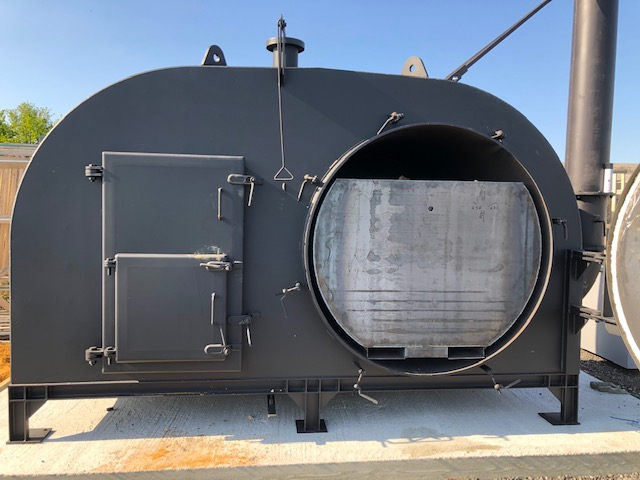
China

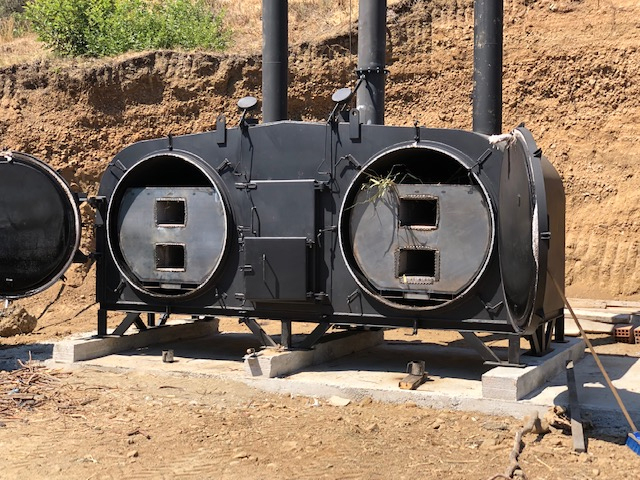
Cuba
- RTD1600 x 2


USA
- RTD1600


Australia
- RTD1000 x 1


Ireland
- RTD1600 x 1

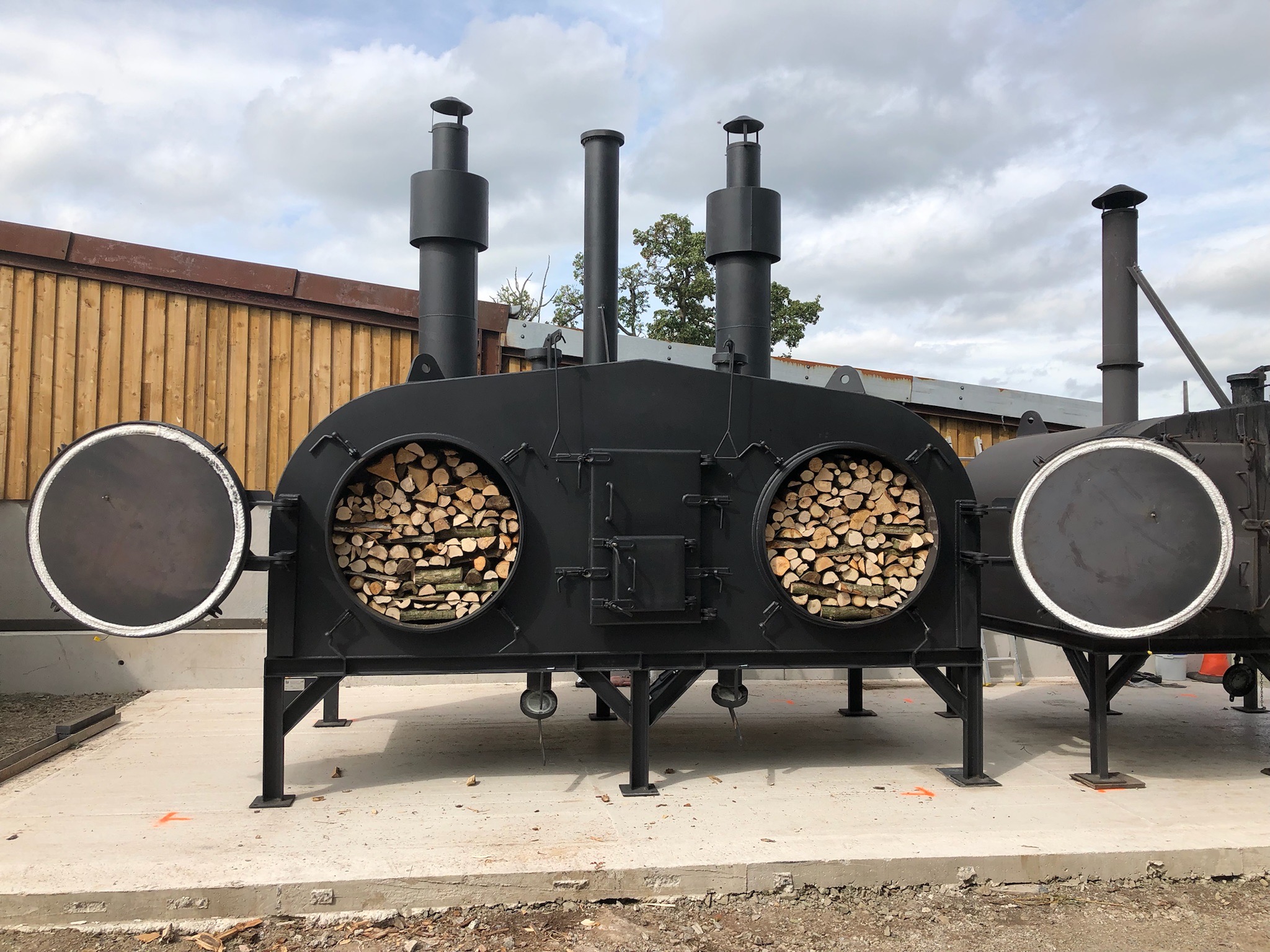
Uk
- RTS1000 x 3
- RTS1600 x 6
- RTD1000 x 8
- RTD1600 x 5


Portugal
- RTS1000 x 1


Turkey
- RTD1000 x 2


Hungary
- RTD1600 x 1


Germany
- RTD1000 x 1

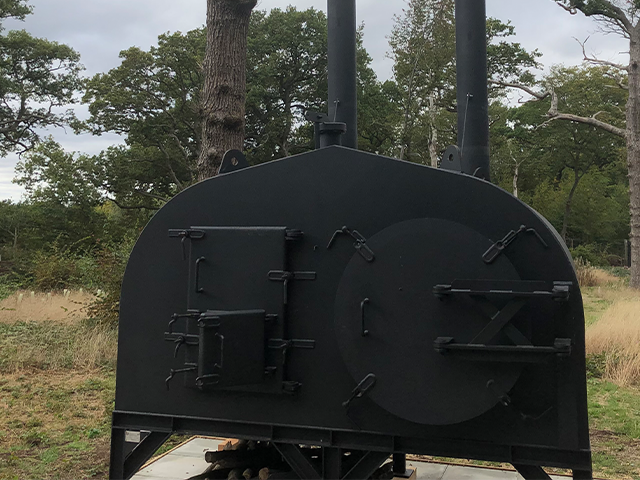
Spain
- RTS1000 x 1


Indonesia
- RTD1000 x 1
- RTS1000 x 1


Chile
- RTD1000 x 1
Sweden
- RTD1000 X 2
- RTD1600 x 2
Switzerland
- RTD1000 x 3
Finland
- RTD1000 x 1
Norway
- RTD1000 x 1
Cyprus
- RTD1600 x 4
China
Cuba
- RTD1600 x 2
USA
- RTD1600
Australia
- RTD1000 x 1
Ireland
- RTD1600 x 1
Uk
- RTS1000 x 3
- RTS1600 x 6
- RTD1000 x 8
- RTD1600 x 5
Portugal
- RTS1000 x 1
Turkey
- RTD1000 x 2
Hungary
- RTD1600 x 1
Germany
- RTD1000 x 1
Spain
- RTS1000 x 1
Indonesia
- RTD1000 x 1
- RTS1000 x 1
Chile
- RTD1000 x 1
Products

Biochar is a type of charcoal produced from biomass and used as a soil amendment in agriculture. Wood-based biochar is a common type of biochar.
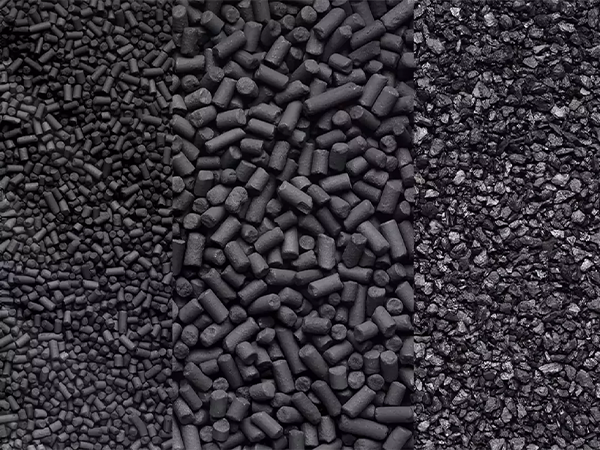
Activated carbon is a highly porous form of carbon with many applications, including water purification, air purification, and chemical processing.

Carbon Black is a form that is produced by burning hydrocarbons, such as natural gas or petroleum, however, it can also be made from wood waste via pyrolysis.
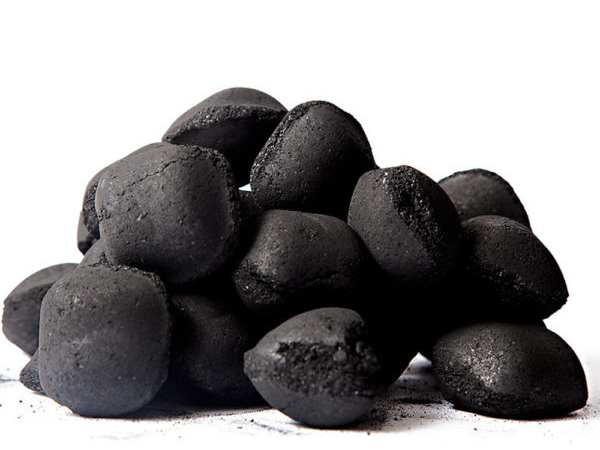
Charcoal briquettes are a type of fuel made from charcoal and used for cooking and heating. Wood waste can be used as a raw material for producing charcoal briquettes.
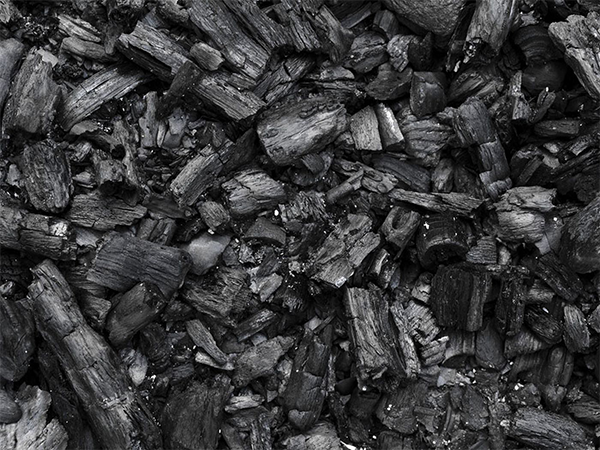
BBQ charcoal is a popular fuel source used for grilling and cooking food outdoors. It is made from wood that has been burned in the absence of oxygen, creating a lightweight and highly porous material.
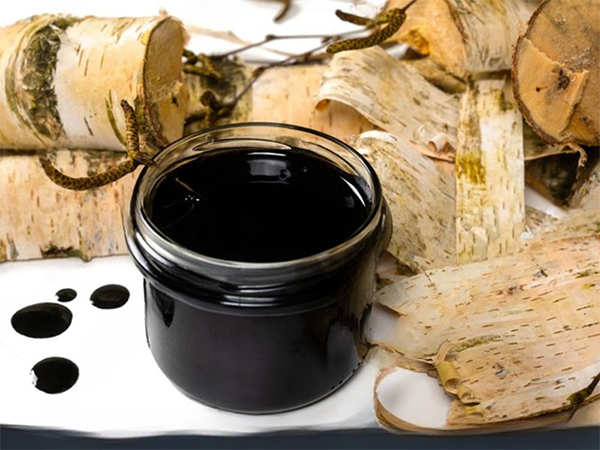
Wood tar is a dark, sticky substance that is derived from the heating and distillation of wood. It is commonly used as a traditional preservative for wood and as a natural adhesive in construction.
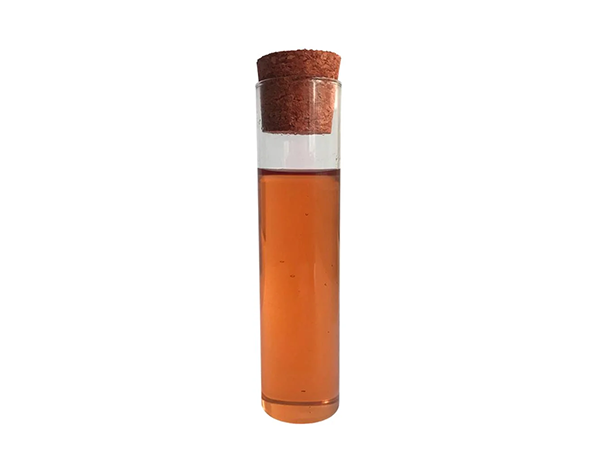
Wood vinegar, also known as pyroligneous acid, is a by-product of wood carbonisation that has many applications in agriculture and industry.
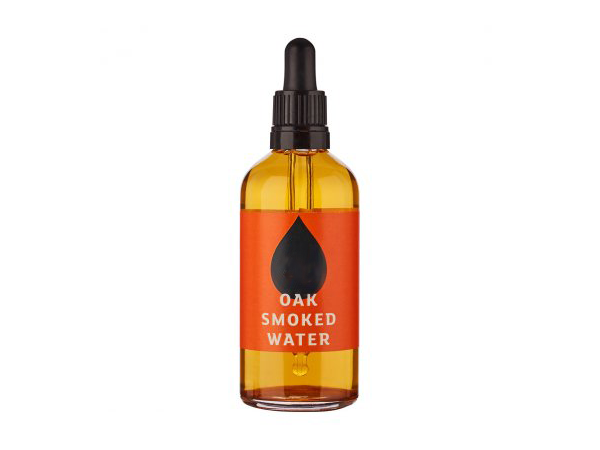
Smoking water is used in cooking to add a smoky taste to dishes. It is produced by cold smoking, which involves exposing water to smoke for an extended period of time.
Retort Installations
A selection of a few of our most recent Retort installations around the world!

Cyprus
Lorem ipsum dolor sit amet, consectetur adipiscing elit. Ut elit tellus, luctus nec ullamcorper mattis, pulvinar dapibus leo.
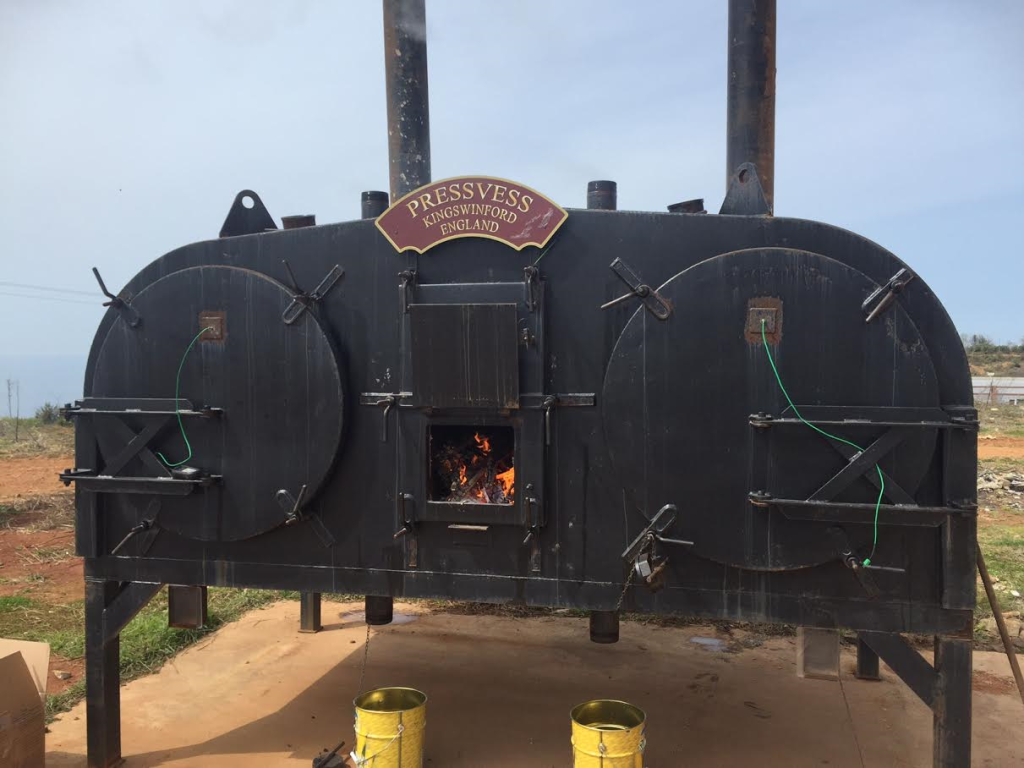
Turkey
Lorem ipsum dolor sit amet, consectetur adipiscing elit. Ut elit tellus, luctus nec ullamcorper mattis, pulvinar dapibus leo.
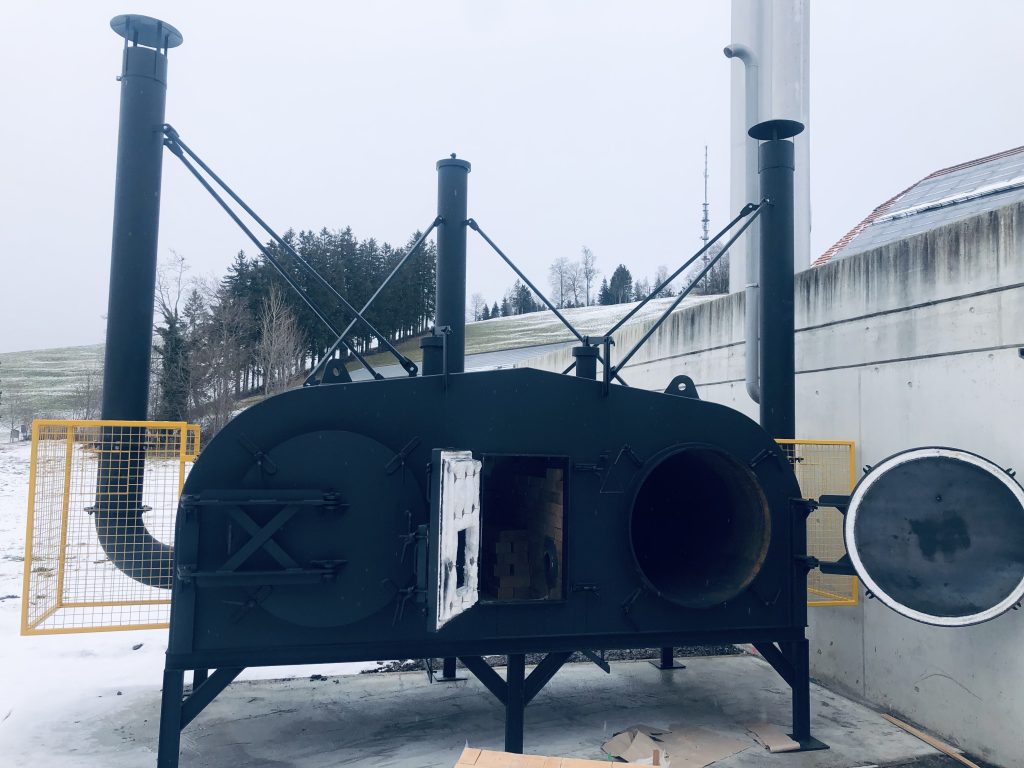
Switzerland
Lorem ipsum dolor sit amet, consectetur adipiscing elit. Ut elit tellus, luctus nec ullamcorper mattis, pulvinar dapibus leo.



